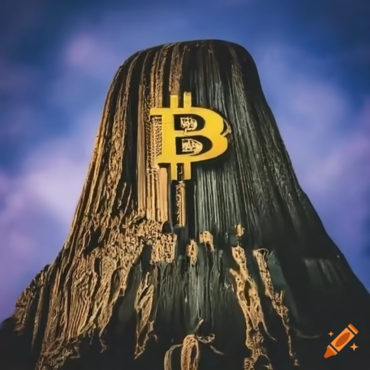
In an event underlining commitment to embracing Bitcoin as legal tender, El Salvador is launching a dedicated mempool for the public accounting of its Bitcoin treasury. The novel initiative has set a significant milestone for a country striving to adopt and integrate cryptocurrencies into its financial ecosystem.
Mempool is space in the Bitcoin network where newly broadcast, but not yet confirmed, transactions are relegated to await their confirmation and further addition to the blockchain. By setting up a mempool for its Bitcoin treasury, the country of El Salvador is literally new-grounding in transparency and accountability in the use of public funds.
The advantage of using a dedicated mempool for public Bitcoin treasury analytics is that this could give full transparency into the spending and allocation decisions of the government. Whereas traditionally this happens with fiat money, where transactions are executed in generally obscure ways and usually without much scrutiny of the populous, Bitcoin transactions occur on a publicly visible ledger, theoretically accessible to any user connected to the internet.
Increased trust and accountability could be further guaranteed through immutable and tamper-free transaction data using blockchain technology. For instance, it would allow citizens to verify if such transactions were only carried out for purposes duly approved for the responsible use of government funds in a very transparent manner.
This also serves as a dedicated mempool, representative of the proactive attitude El Salvador has shown toward using the blockchain for the interest of public governance and financial innovation. By embracing the option to make Bitcoin legal tender and now looking at newer ways of taping its underlying technology, it is ahead of most people in the crypto space.
Yet, while this one mempool is a leap forward, it also holds many questions and further difficulties it imposes. The most outstanding among these is data protection and privacy, since free access might raise serious questions of private rights to privacy and data security.
Also, scalability and efficiency of the dedicated mempool needs to be warranted in the case when the volume of Bitcoin transactions is starting to mushroom. The El Salvador government needs to invest in solid infrastructure and technological solutions that can provide high volumes for the processing needs of the mempool, delivering performance and reliability.
All in all, this is a new development-the formation of a public Bitcoin treasury mempool in El Salvador-serving as an excellent example of how digital cryptocurrency and blockchain technologies can rewrite governance and public finance. While other countries monitor and learn from the experience of El Salvador, similar efforts may come into effect in other parts of the world and help accelerate their adoption and integration into the mainstream.





